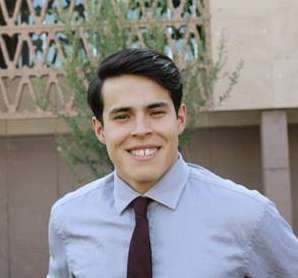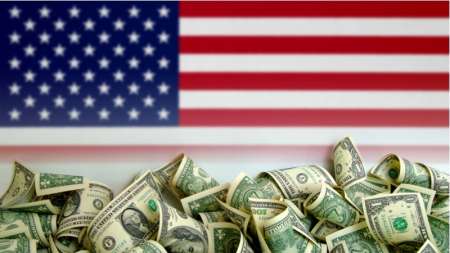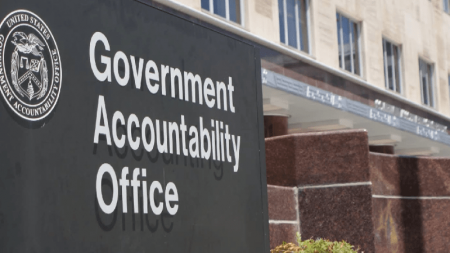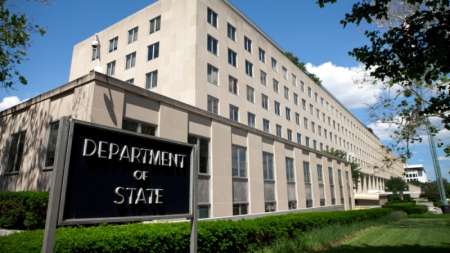The Government Accountability Office (GAO) has found that Federal agencies reported an estimated $235.8 billion in improper payments across 71 programs for fiscal year (FY) 2023. […]
The Department of Homeland (DHS), through the Federal Emergency Management Agency (FEMA) and the Cybersecurity and Infrastructure Security Agency (CISA), announced $18.2 million in cybersecurity grants this week through the Tribal Cybersecurity Grant Program (TCGP), which assists Tribal nations in tackling cyber risks and threats. […]
The IRS’s National Taxpayer Advocate, Erin M. Collins, is calling on Congress to help reallocate certain funds from the IRS’s Inflation Reduction Act funding to assist in its modernization efforts. […]
The Government Accountability Office (GAO) is looking for feedback on its proposed revisions to its Standards for Internal Control in the Federal Government, also known as the Green Book. […]
The State Department is employing plenty of technology tools in its campaign to improve public messaging efforts around the world, but is taking care to employ human-centric approaches to make sure that messaging is succinct. […]
The Commerce Department’s National Telecommunications and Information Administration (NTIA) component could be doing more to help Tribal authorities with technical assistance as they seek to create and improve broadband services using $3 billion in funding from the Federal government’s Tribal Broadband Connectivity Program (TBCP), according to a new report from the Government Accountability Office (GAO). […]
Top Federal agency technology officials this week preached the virtues of continuous technology modernization as an ongoing process – rather than approaching modernization as a completed effort after specific goals have been achieved. […]
Members of Congress are sounding the alarm on the shortage of cybersecurity and IT workers across the United States, with lawmakers noting that there are over 500,000 open cyber positions. […]
A new report from security provider Blackberry Ltd. shows a sharp increase in the deployment of unique malware used to attack critical infrastructure and commercial enterprises. […]
A June 18 report from the Treasury Inspector General for Tax Administration (TIGTA) reckons that the IRS as of March had used about 10 percent of the approximately $57 billion in multi-year modernization funding that Congress has approved for the agency. […]











